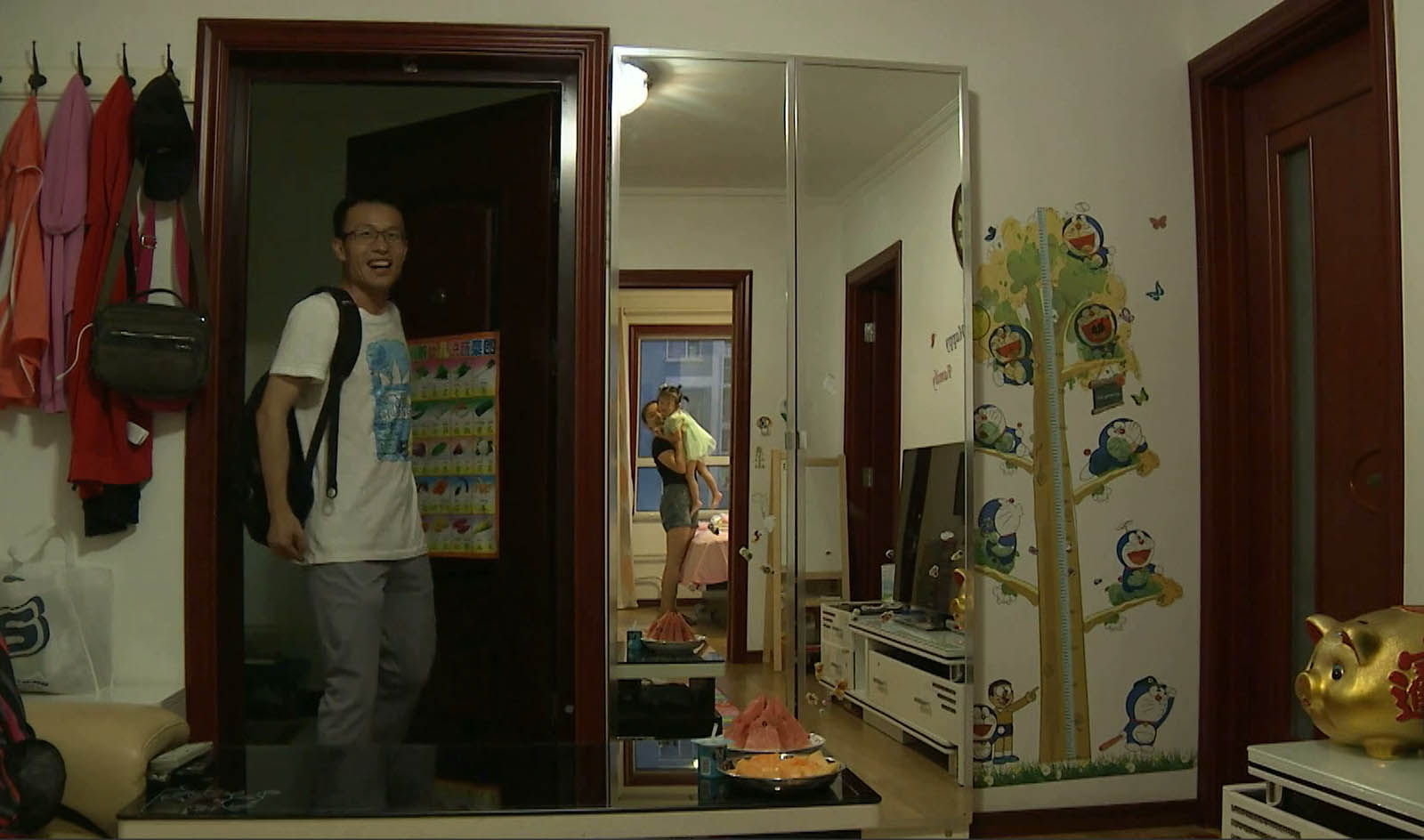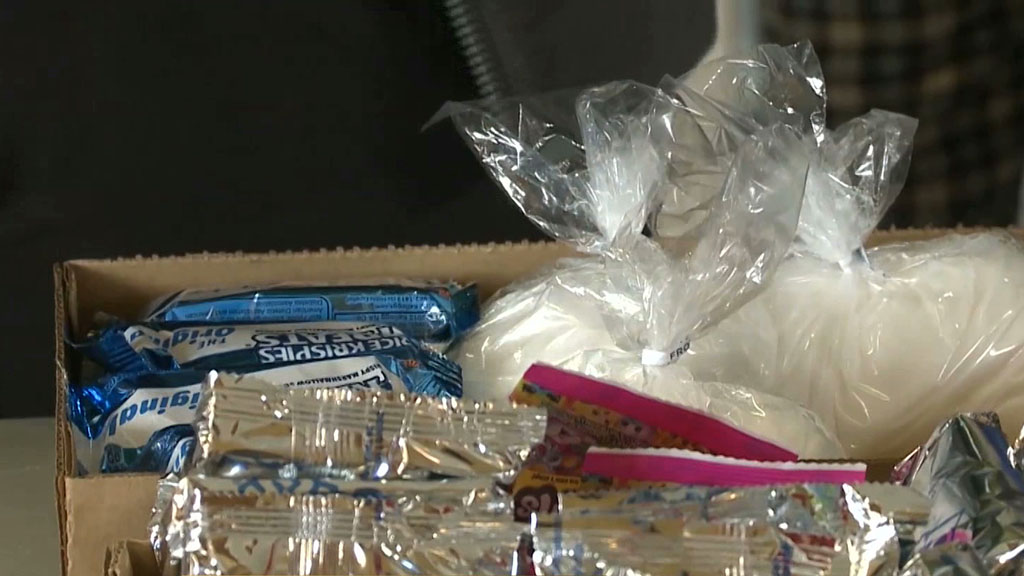ABOUT
Two young entrepreneurs struggle to take their handbags outside China. An aspiring chef tries to make his fast-casual business stick. As with young businesses anywhere, the challenges abound. But in China, where the middle class is large enough to both crush a business or make it soar, expanding a brand often times sometimes means betting your entire life on it.
By 2022, more than 75 percent of China’s urban population – around 550 million people – are expected to be middle class, making the segment large enough to be the third most populous country on earth.
An increased government focus on improving the minimum wage across all sectors, especially manufacturing, is giving rise to this boom, with the Chinese government having increased its focus on manufacturing and exporting higher-end goods. And, as new consumers move into the upper middle class, a whole new market is giving birth to dynamic new industries.
Middle Class Kingdom dives into this new Chinese reality through the eyes of entrepreneurs in two companies. Whether in fashion or food, they seek to take their goods to the middle class…and beyond it.
But with any business, growth often brings challenges. Middle Class Kingdom takes the pulse of Shanghai, exploring the pitfalls and rewards it has for spirited entrepreneurs, before a bustling Chinese economy.
MEET THE ENTREPRENEURS:
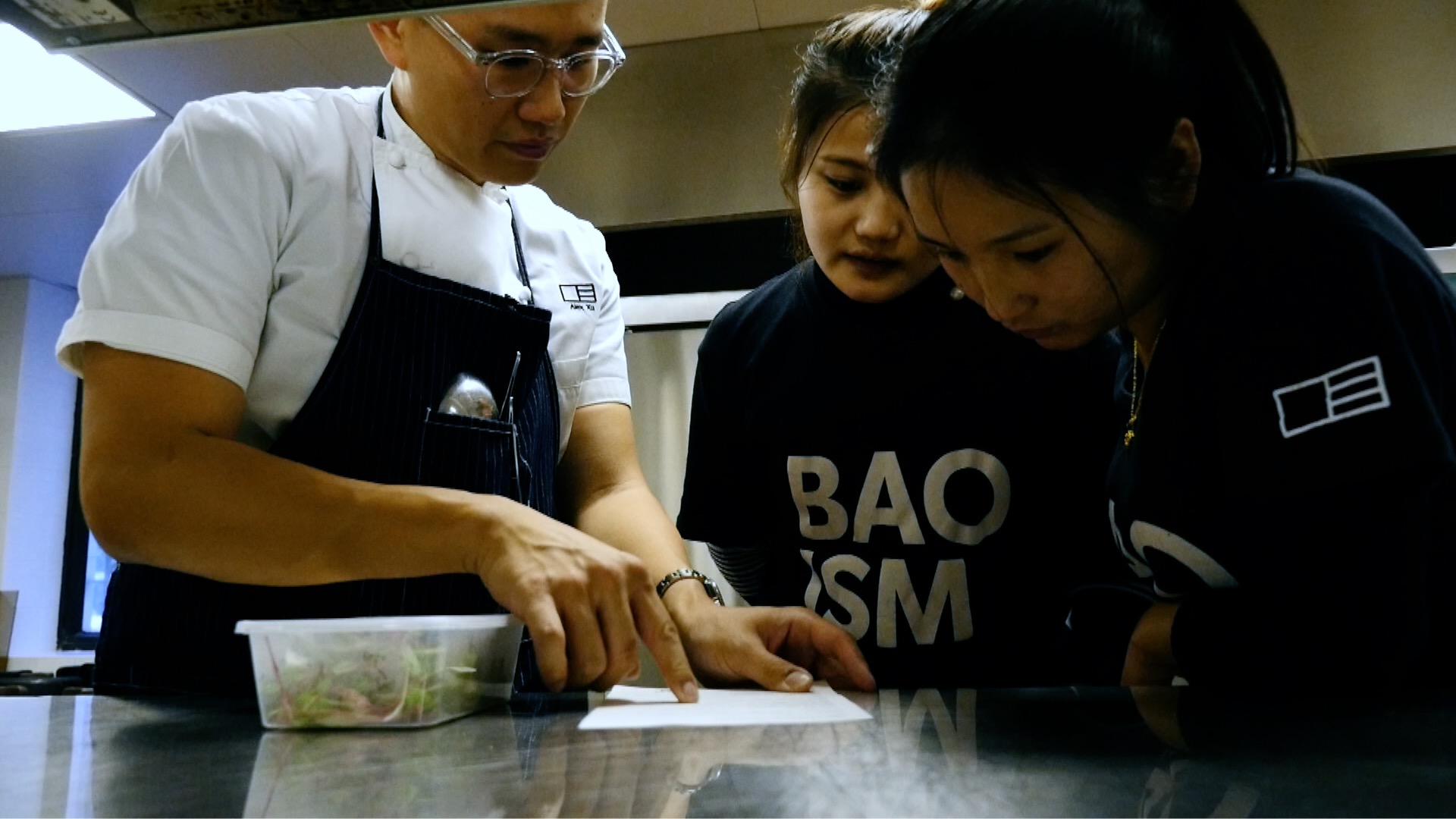
BAOISM Founder Alex Su reviews new menu with his staff.
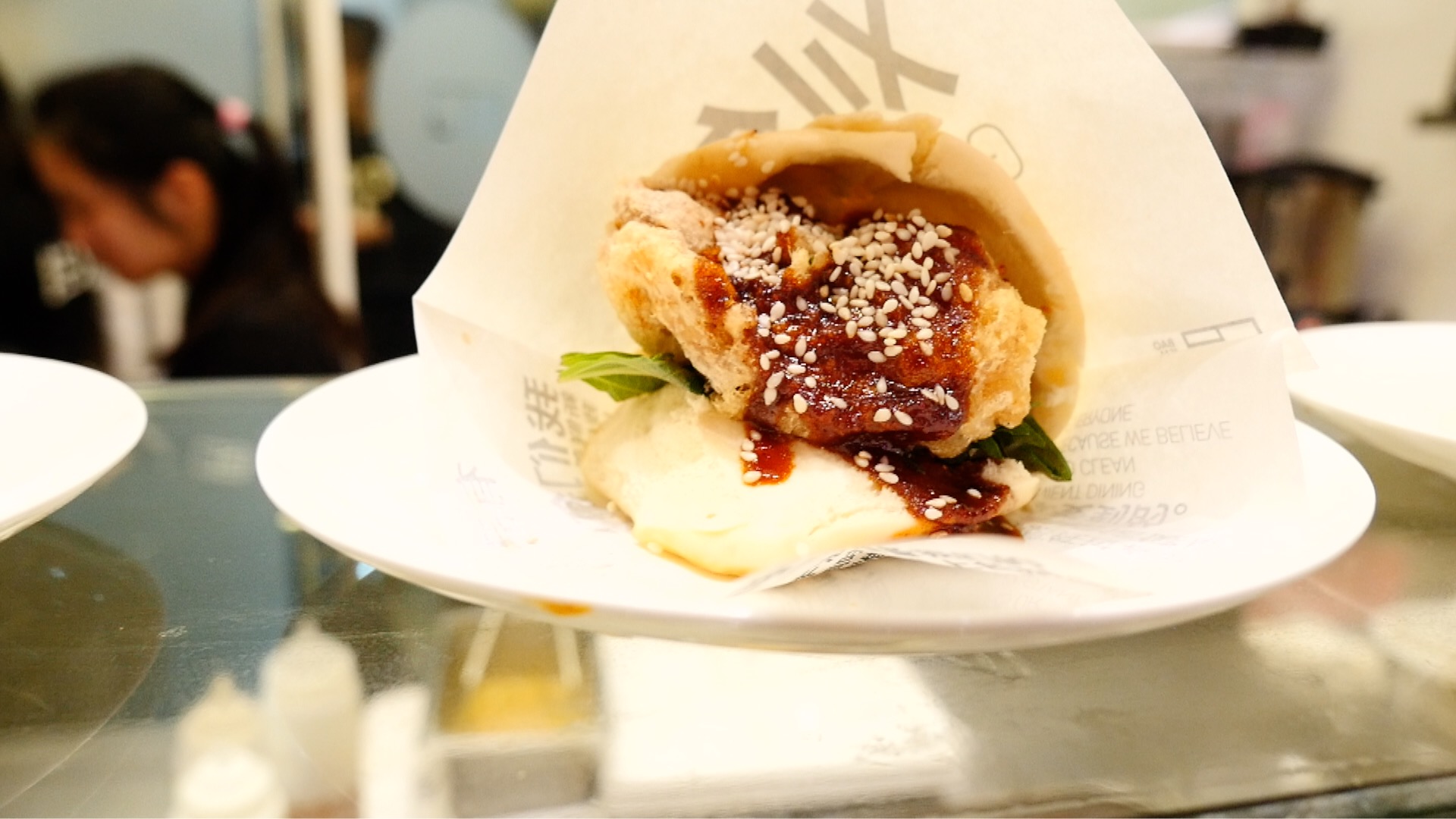
A traditional Bao, adapted for lunch and served with a twist.
Alex Xu, Founder, BAOISM
Alex Xu founded BAOISM in 2013 with the hope of bringing delicious flavors made with quality ingredients, sourced transparently and sold affordably, to the masses.
BAOISM, as Xu has said, is “food for everybody.” Anchored on the staple “Bao,” a steamed bun filled with protein that’s usually served for breakfast, BAOISM takes the traditional treat and stuffs it with alternative fillings, like “Hong Shao carnitas.”
Named “Best New Restaurant” in That’s Shanghai Food & Drink Awards 2016, BAOISM quickly became a city favorite. To boost the growing popularity of his restaurant, Xu expanded the menu to include other traditional Shangainese dishes, but always made with a fresh twist.
Blending tradition and innovation is Xu’s passion. But his real dream is bringing the innovative flavors of BAOISM to a much larger segment of China’s expanding middle class.
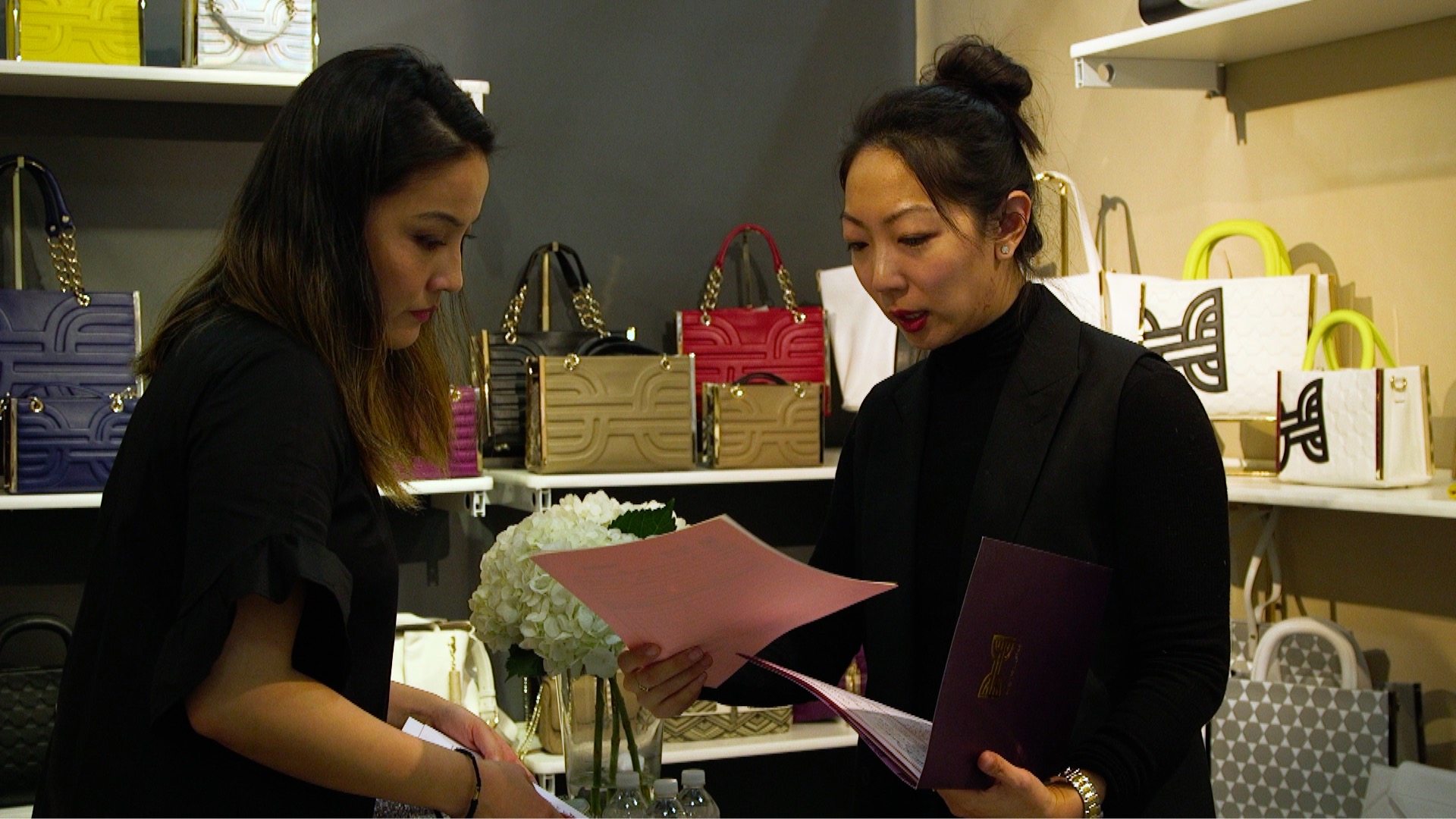
Heirloom Founders Tifanny Wu and Lynn Lu discuss new orders.
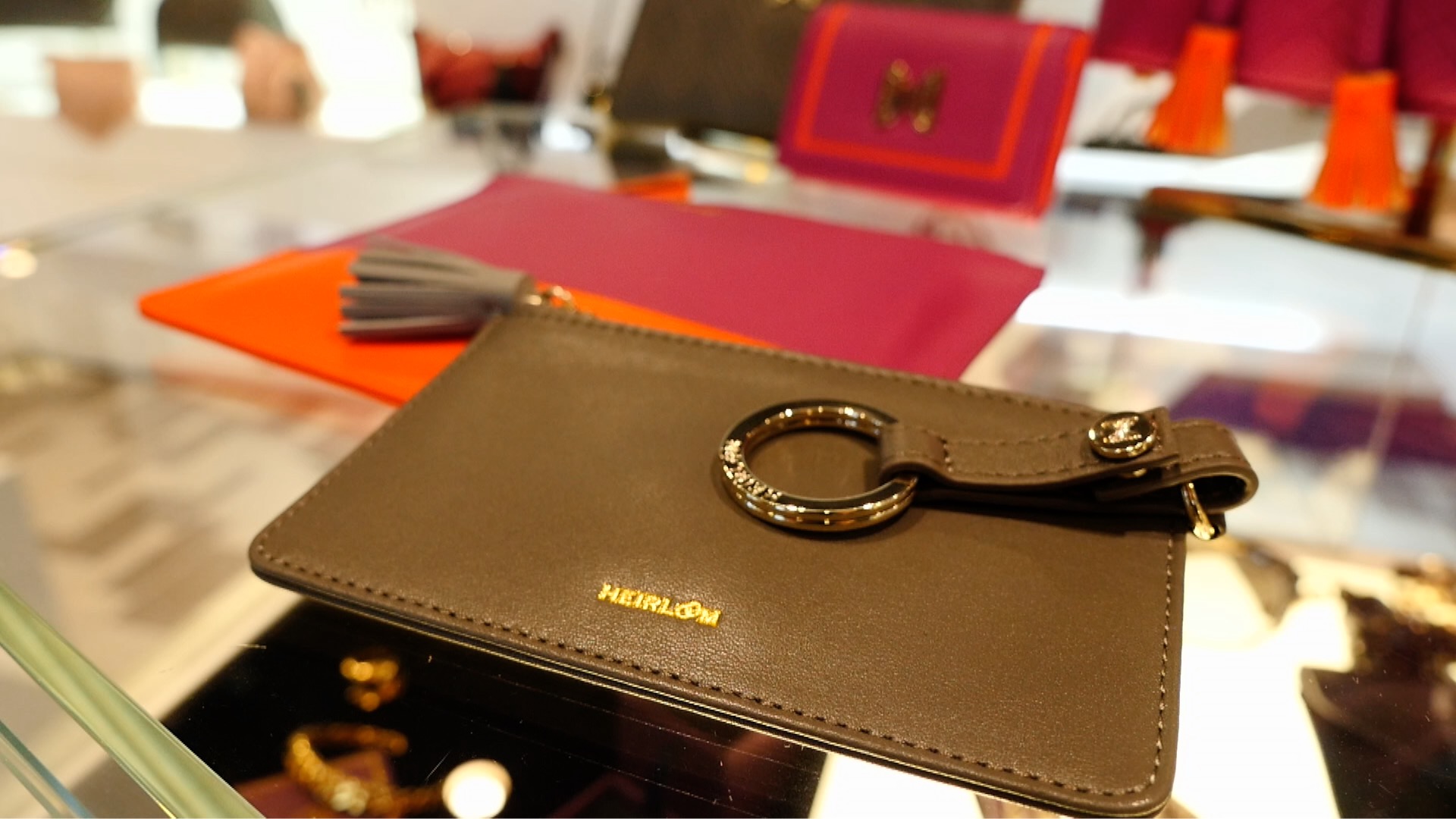
Heirloom clutches on sale at the company’s flagship store.
Tiffany Wu and Lynn Lu, Founders, Heirloom
Tiffany Wu and Lynn Lu founded Heirloom in 2007, with the hopes of making beautiful, lasting handbags for women on the go.
Heirloom opened its first boutique in Shanghai in 2009, where handbags are designed to embody what Wu and Lu call a “sophisticated aesthetic that every woman aspires to, without compromising usefulness, organization or convenience.”
They wanted to create a brand that evoked a graceful, timeless feel. They also provided a unique, luxurious shopping experience that is curated for every individual client.
Blending form and function, Wu and Lu set out to disrupt the crowded handcrafted leather goods market. They also hope to make Shanghai as well-known for luxury designs as the Guangzhou Province is known for consumer electronics.
WEB EXTRA: Q&A w/ Professor Keyu Jin, PhD
For more about the opportunities and challenges facing China's booming middle class, CGTN spoke to Professor Keyu Jin, PhD of the London School of Economics.
BEHIND THE SCENES:
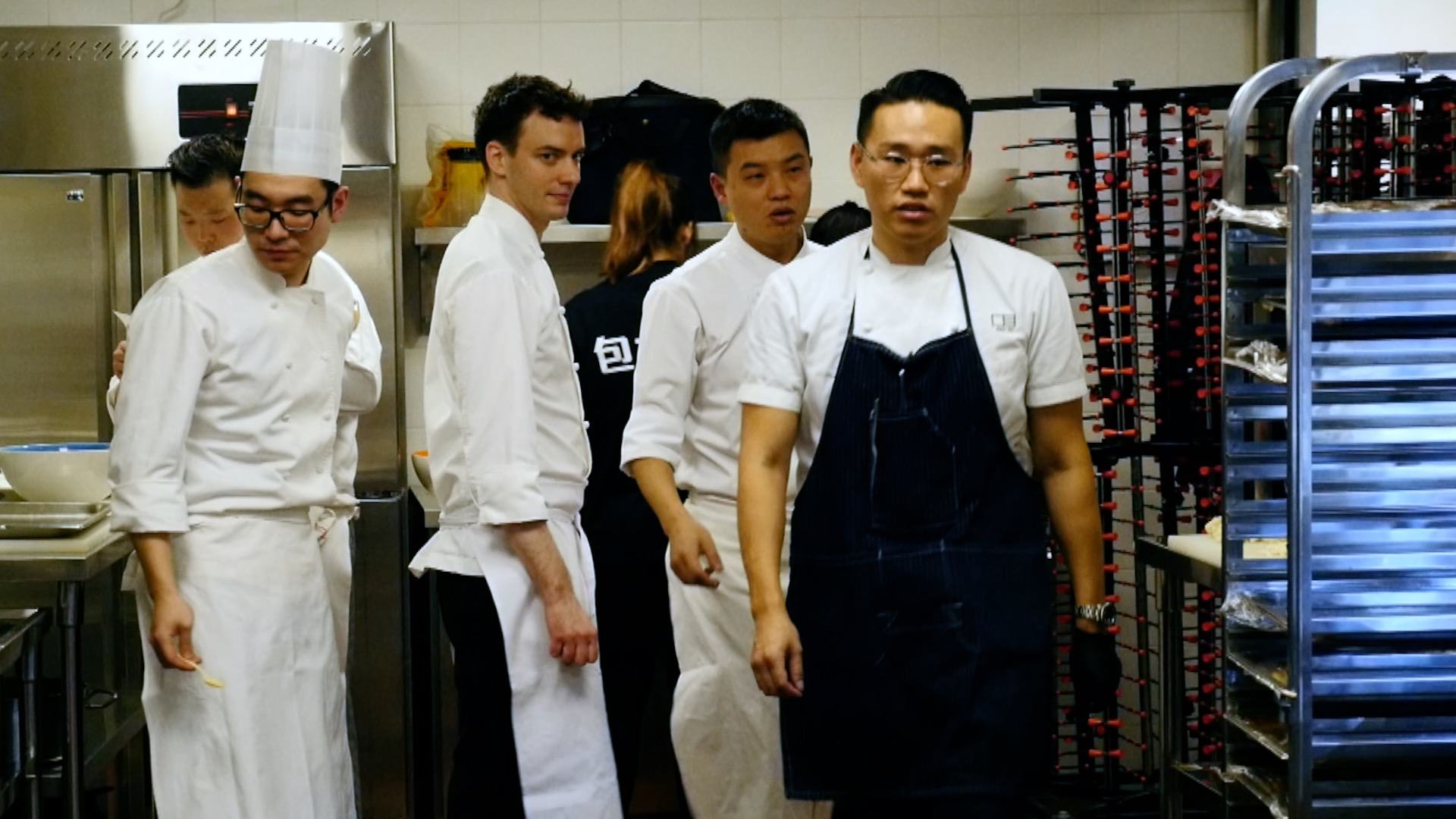
Xu’s kitchen staff witnesses his anxiety before a big event.
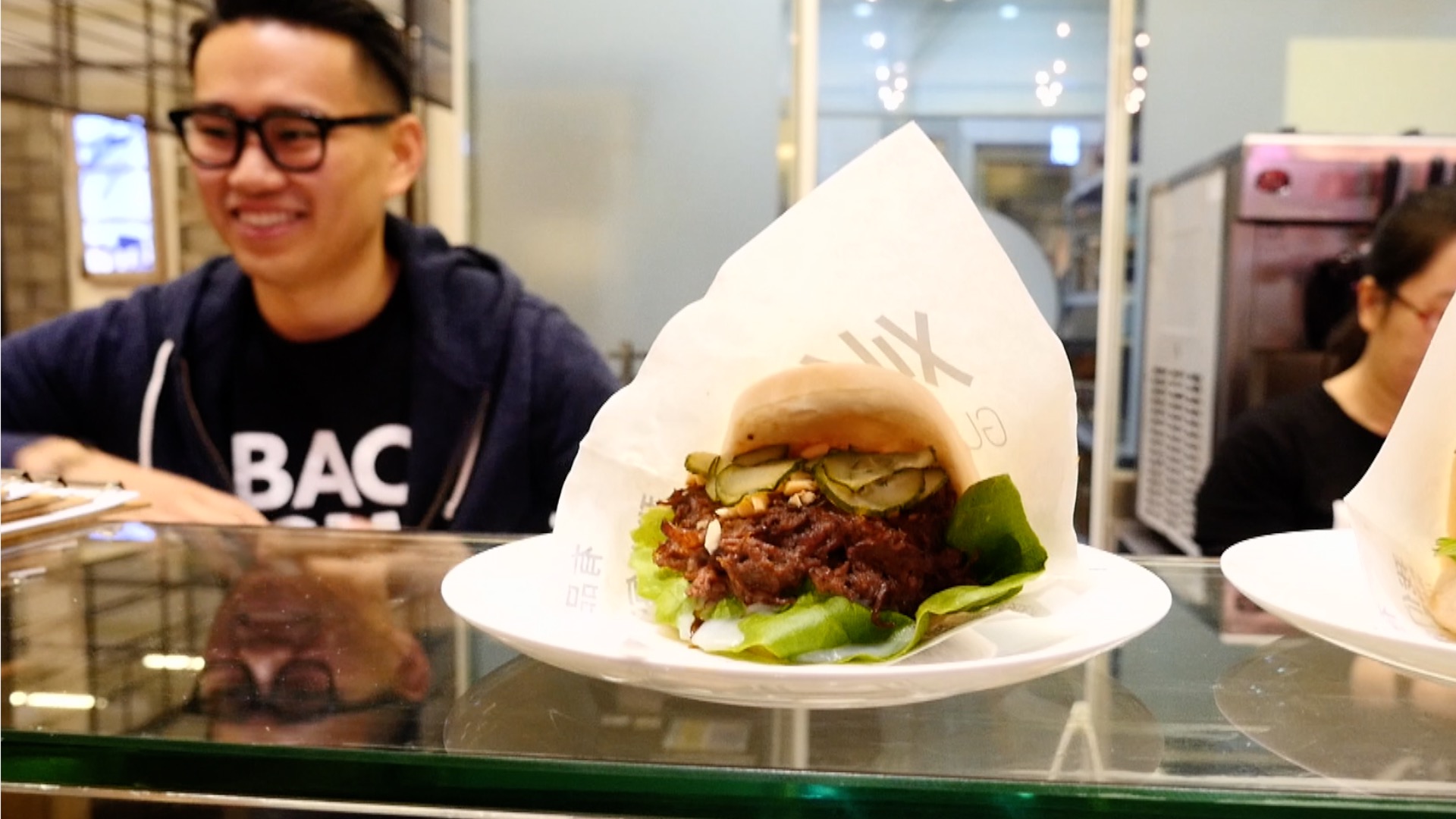
Xu goes behind the counter to serve up one of his creations.
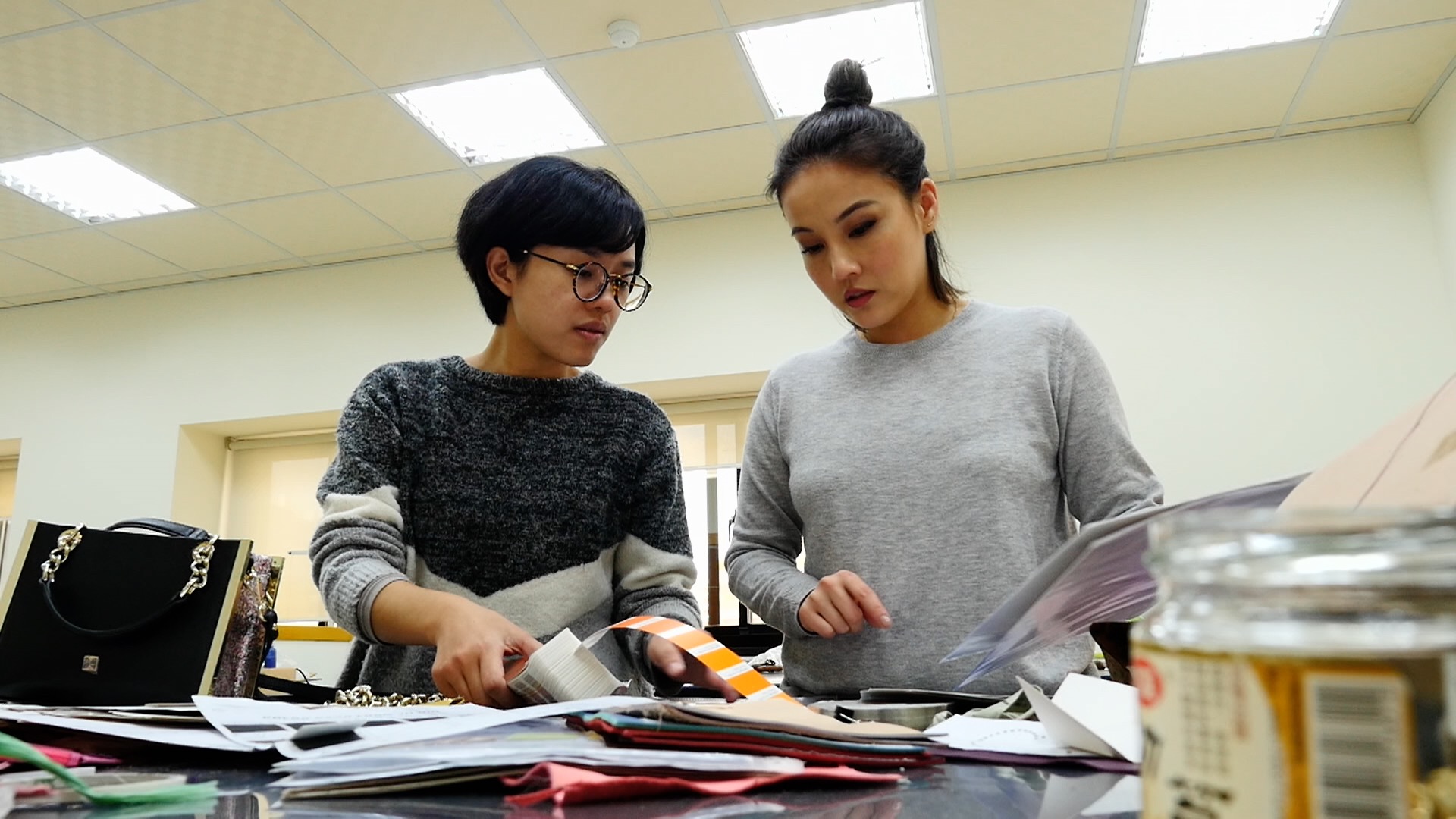
Lu and a teammate look for the perfect color for new collection.
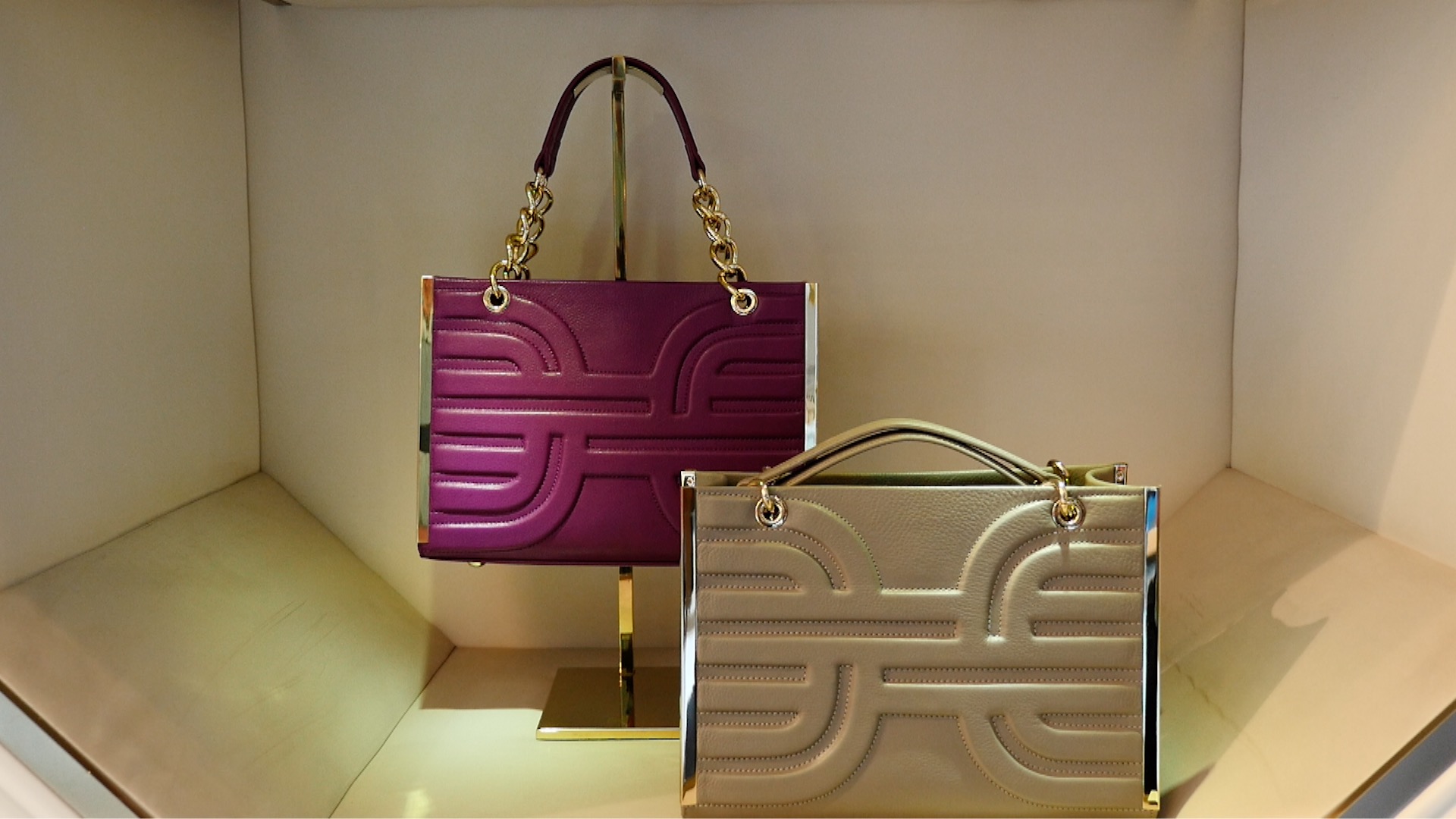
Custom handbags staged for a photo shoot.
DATA: China's Middle Class
ADDITIONAL CONTENT:
- Click to share on Facebook (Opens in new window) Facebook
- Click to share on X (Opens in new window) X
- Click to share on Instagram (Opens in new window) Instagram
- Click to share on LinkedIn (Opens in new window) LinkedIn
- Click to share on Reddit (Opens in new window) Reddit
- Click to print (Opens in new window) Print
 CGTN America
CGTN America


